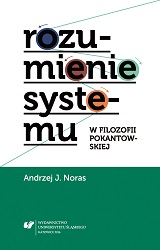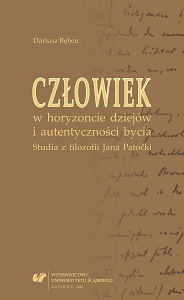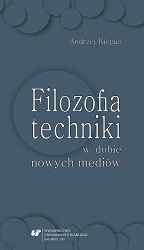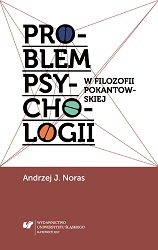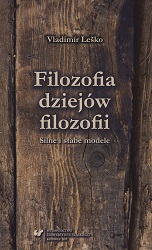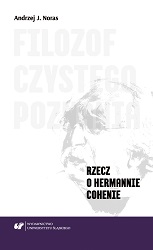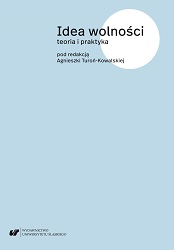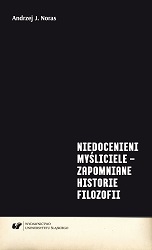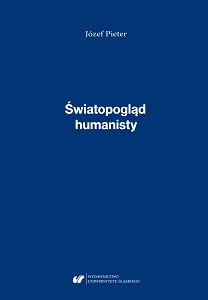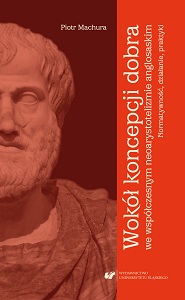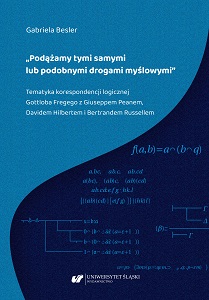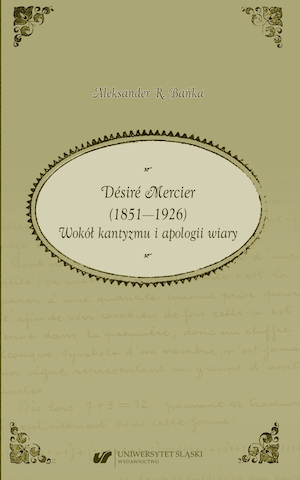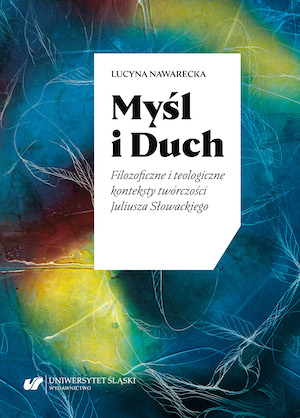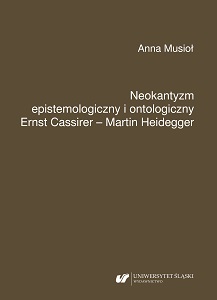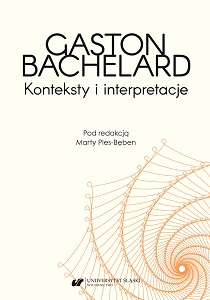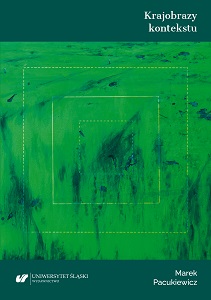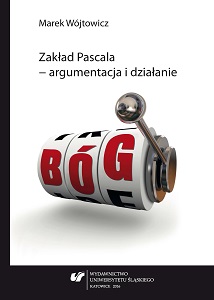
Pascal’s Wager: Argumentation and Functioning
Zakład Pascala – argumentacja i działanie
Keywords: Pascal’s Wager; evidence for the existence of God; Faith in God; theory of probability; decision under uncertainty
The central topic of the following monograph is, as the title itself might indicate, Pascal’s Wager. This argument, proposed in his “Pensees” (“Thoughts”), constitutes one of the most profound ideas of the French philosopher. It is, however, heavily contested and discussed up until this day. The contemporary reflection on the Wager touches upon not only the conventional philosophical and theological dimensions, but also the rarely noticed mathematical or decision-making aspects. The monograph presents a comprehensive background for Pascal’s argument, foregrounding it in the context of Pascal’s biography as well as his anthropological and religious views. Moreover, the monograph touches upon the most significant – usually extremely critical – comments on the Wager which have been formulated over the last 350 years. Research presented in the monograph focuses upon the contents of the 451st passage of “Pensees”. In this study, the “canonical” version of the Wager – usually considered to be the most faithful to Pascal’s intent by his commentators – becomes the subject of detailed and critical analysis. The discussion concerns the particular claims comprising Pascal’s argumentation, which are of varied and diverse character. The strictly philosophical inquiries are connected with philosophy of religion (particularly with the analysis of the stance advocating the lack of possibility of solving the problem of God’s existence or nonexistence) as well as ethics (numerous objections to the Wager are ethical in nature), while the theological inquiries focus on the possible outcomes of wagering whether or not God exists as well as the issue of faith. Moreover, a considerable part of the monograph is devoted to research concerning the mathematical, probabilistic side of Pascal’s argument as well as decision-making in uncertain conditions. The characteristic feature of the interpretation of Pascal’s Wager presented in the monograph is the focus on the last, usually completely disregarded, part of the argument. It discusses actions that – according to Pascal – should be undertaken by a person convinced of the validity of the assumption that God exists. This addendum significantly affects the totality of Pascal’s concept. This new interpretation of the Wager is analysed according to the validity of reasoning as well as the philosophical consequences. The later parts of the monograph discuss the extent of impact of Pascal’s argument, both in relation to philosophy and religion and outside of that relation. That impact remains incredibly varied. There have been numerous attempts at both undermining the Wager once and for all as well as perfecting its original argument in order to successfully refute the objections raised against it both in the past and nowadays. Moreover, numerous concepts openly draw from the argument proposed in “Pensees” in order to resolve various problems concerning decision-making with regard to bioethics, ecology, medicine, and psychotherapy.
More...
